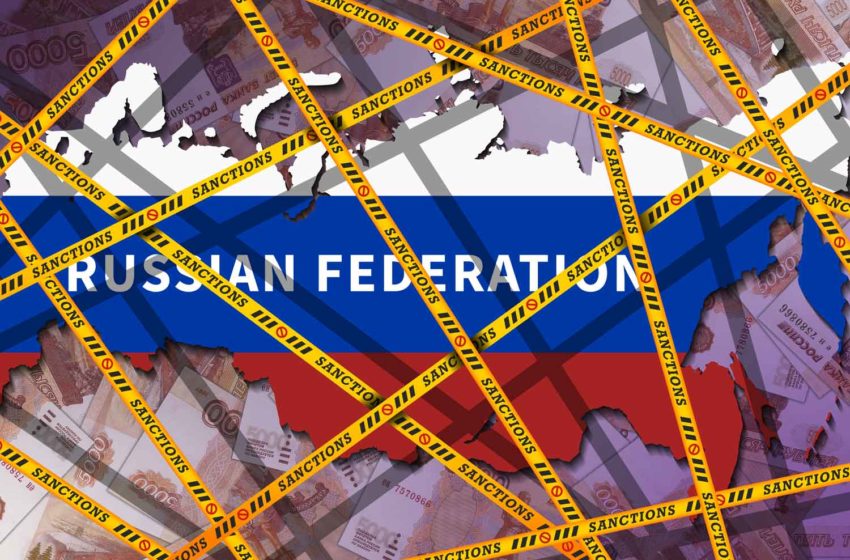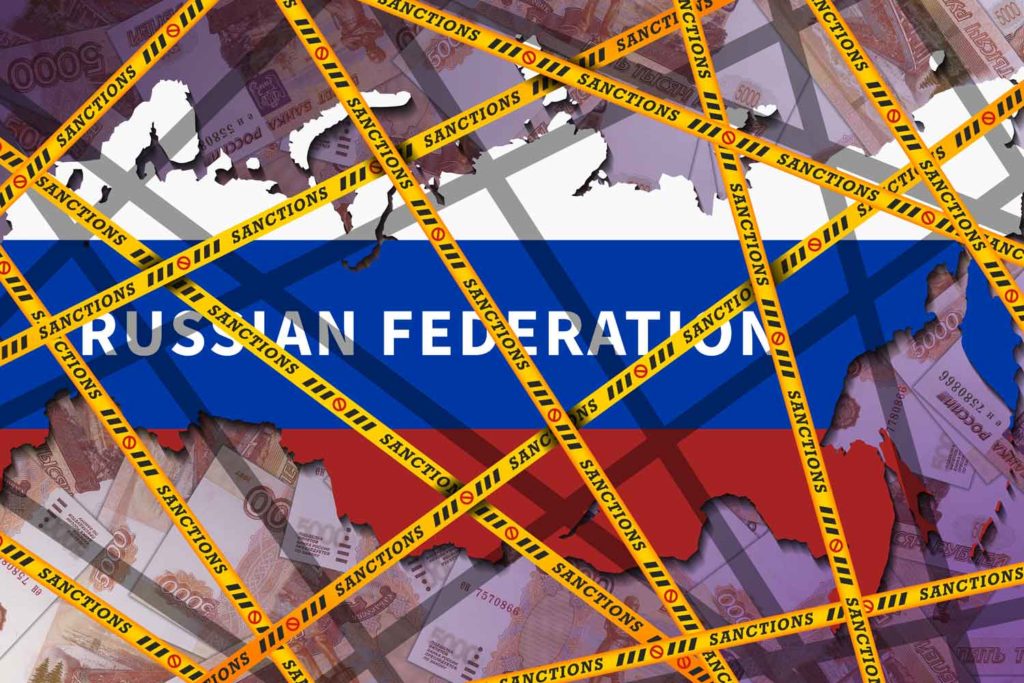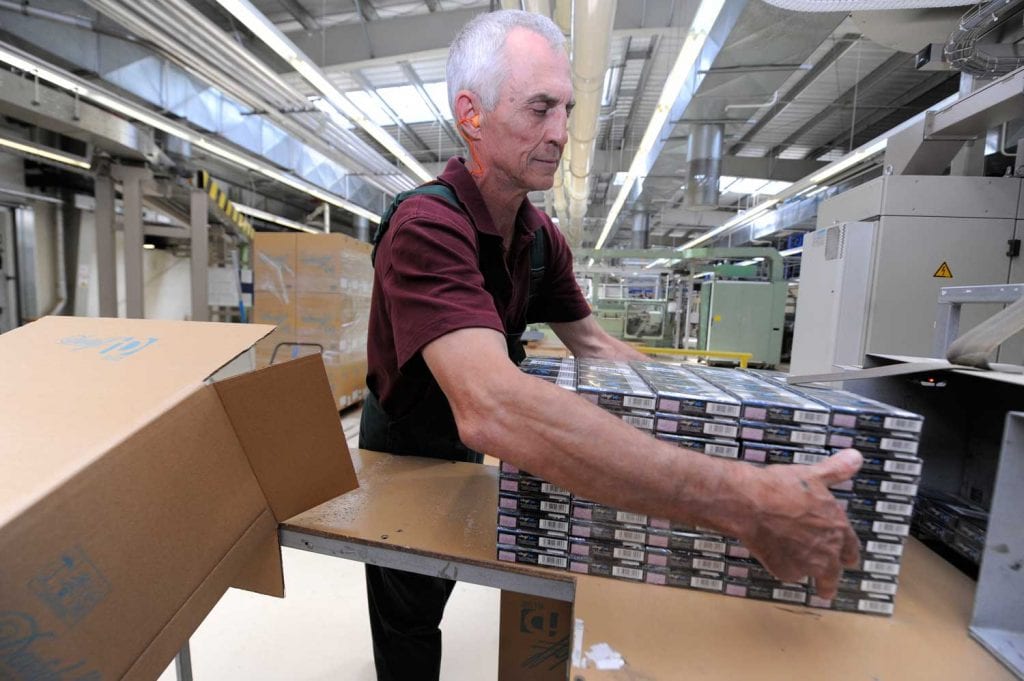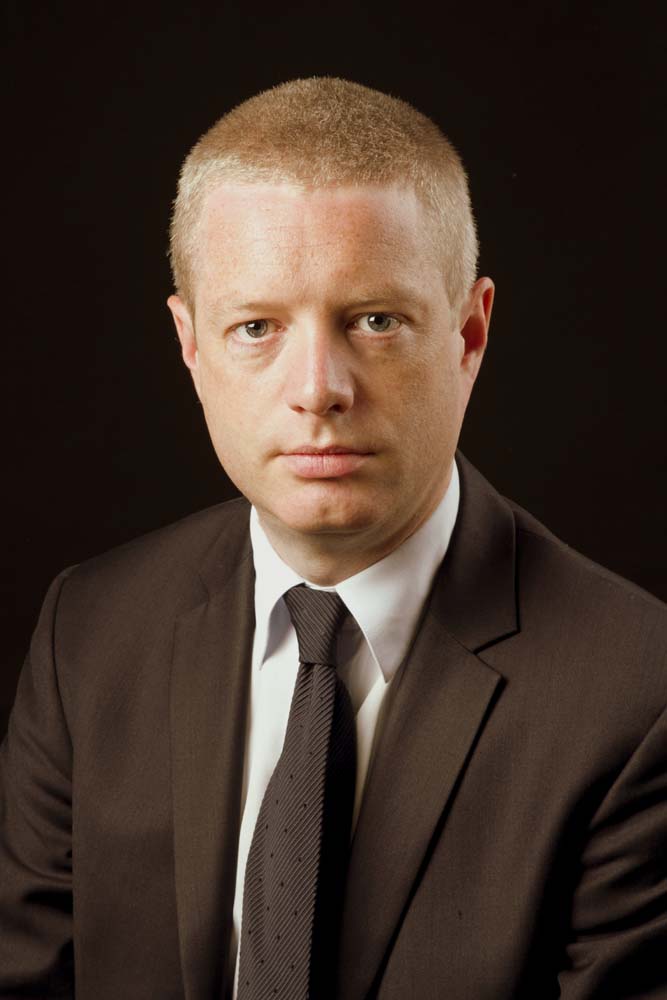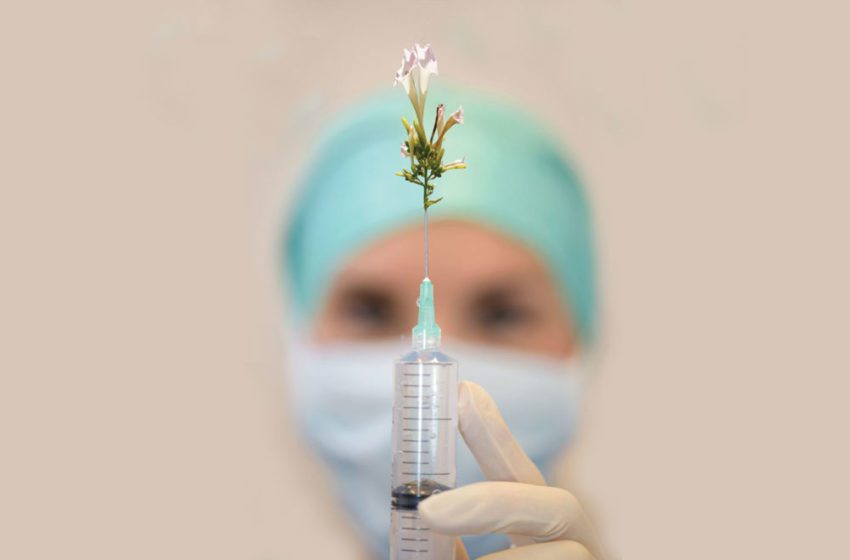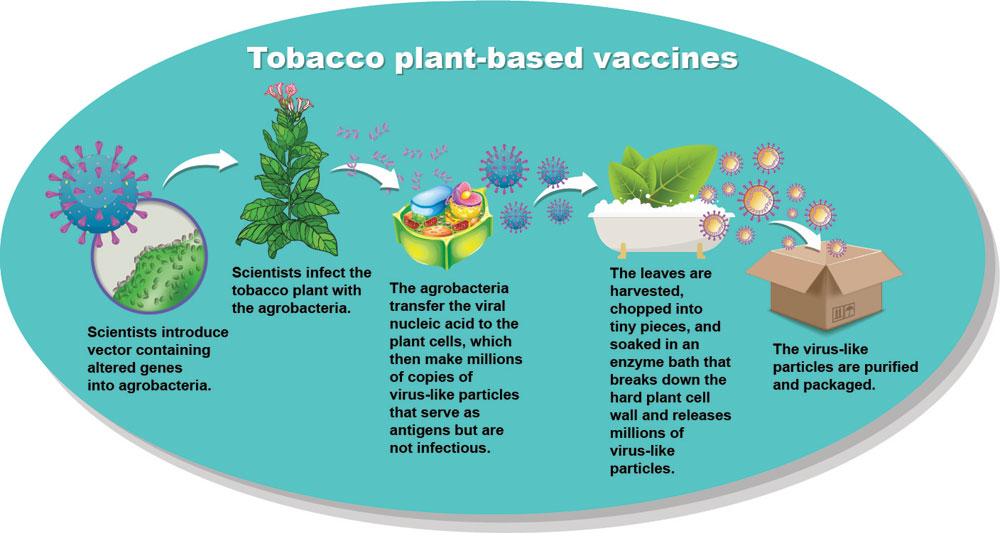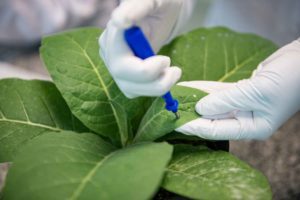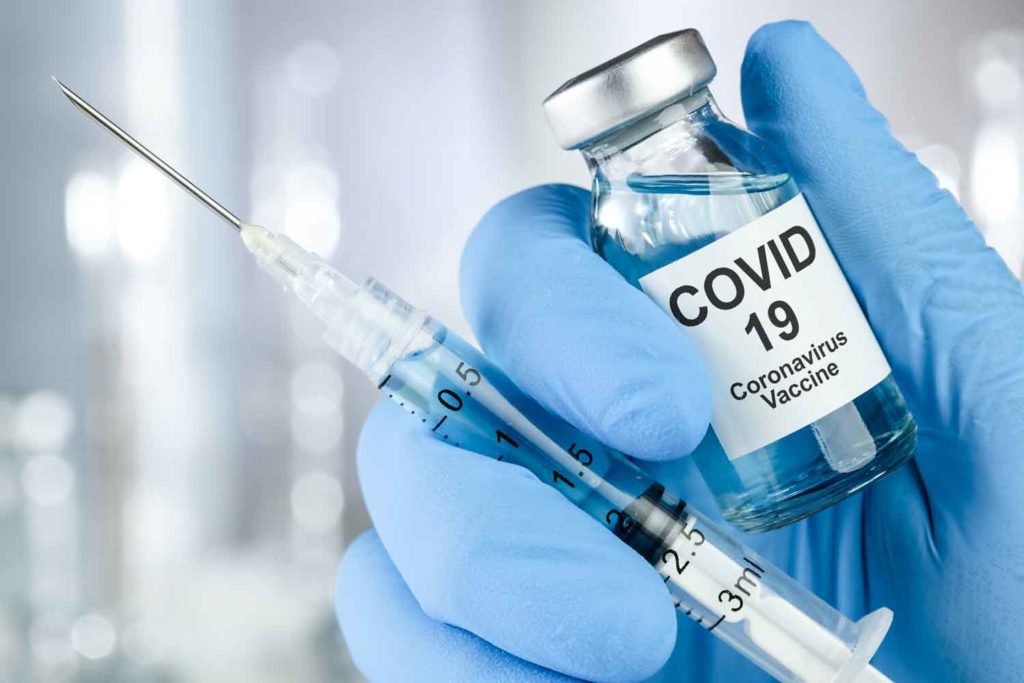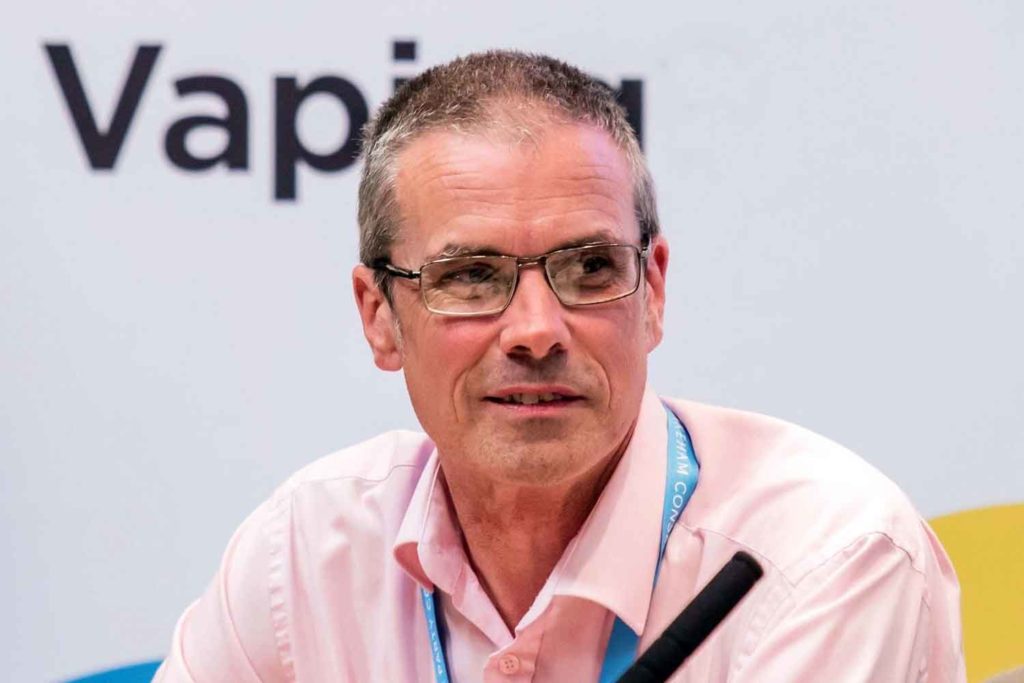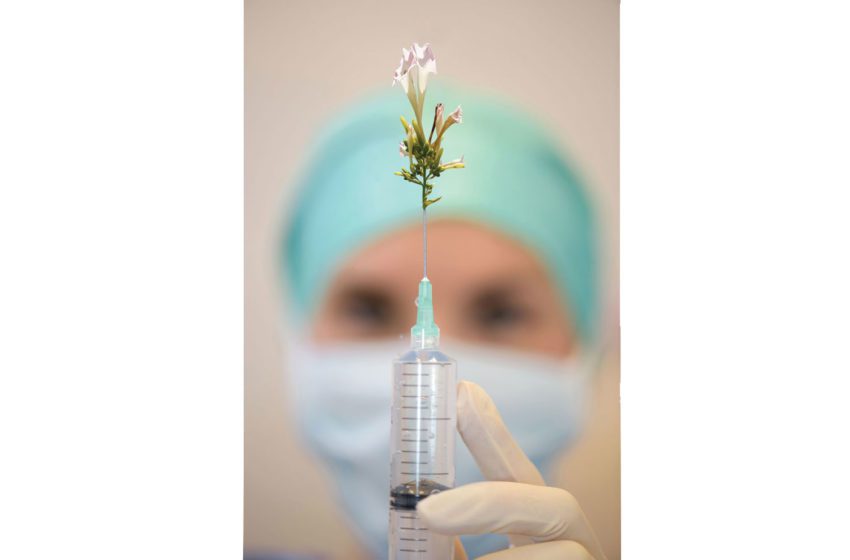
Philip Morris International has appointed Keagan Lenihan as vice president of government affairs and public policy, and head of its D.C. office. Lenihan will serve as the Washington, D.C., lead for PMI’s U.S.-based external affairs efforts as the company continues to advance on its journey away from cigarettes, reporting to members of the company’s senior management team in the U.S. and globally.
Lenihan joins PMI from Altoida, a medical device company that uses artificial intelligence and augmented reality technologies to predict neurological disease, where she served as vice president of operations. Over the previous two decades, she worked in government and corporate and public policy, most recently as associate commissioner for external affairs and strategic initiatives and then chief of staff of the U.S. Food and Drug Administration.
In these positions, she oversaw daily management of the agency and provided strategic direction to senior leadership on policy priorities, including efforts to promote medical product innovation, tackle opioid abuse, identify solutions to prescription drug shortages, and pursue a comprehensive plan for tobacco regulation, with an emphasis on preventing youth use of tobacco products.
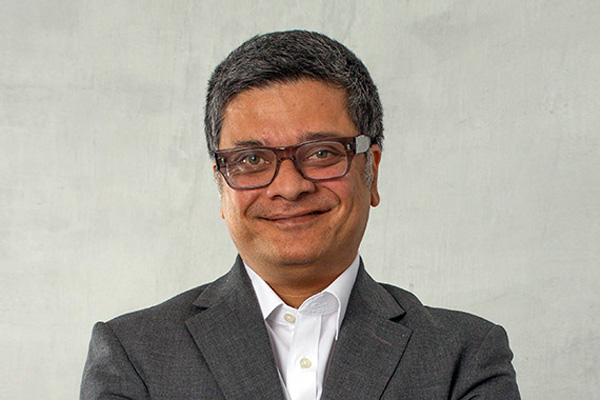
We are thrilled that Keagan will be joining us to further accelerate PMI’s journey toward a smoke-free future.
Deepak Mishra, president of PMI Americas
“We are thrilled that Keagan will be joining us to further accelerate PMI’s journey toward a smoke-free future,” said Deepak Mishra, president of PMI Americas. “Her passion for and expertise in healthcare, life sciences, and policy issues and her commitment to help our company reach the next phase in its ambitious transformation away from cigarettes make her an ideal addition to our global leadership team.”
Prior to serving at the FDA, Lenihan was senior counselor to the secretary of health and human services, overseeing an extensive portfolio of policy initiatives and reforms, including comprehensive drug pricing reform, price transparency, and regulatory reform. Before that, she was special assistant to the president, charged with managing hiring for the U.S. Department of Health and Human Services, Department of Education, Department of Housing and Urban Development, Department of Labor, and Office of Personnel and Management.
Earlier, Lenihan was senior director of government relations for McKesson Specialty Health. She also worked for almost a decade on Capitol Hill, serving three members of Congress who held positions in House leadership, as well as senior members of the Ways and Means and House Rules committees.
“Having spent two decades working to improve public health, I am delighted to join forces with PMI in their mission to move away from cigarettes and help current smokers who otherwise would not quit switch to less harmful alternatives while ensuring we protect youth,” said Lenihan in a statement. “PMI is not just transforming its business; with its smoke-free commitment, it is revolutionizing its industry and championing an unprecedented breakthrough for public health, including moving beyond nicotine to meet patient and consumer needs in the wellness and life sciences spaces. I’m excited to have been invited to play a role in making this happen even faster.”


